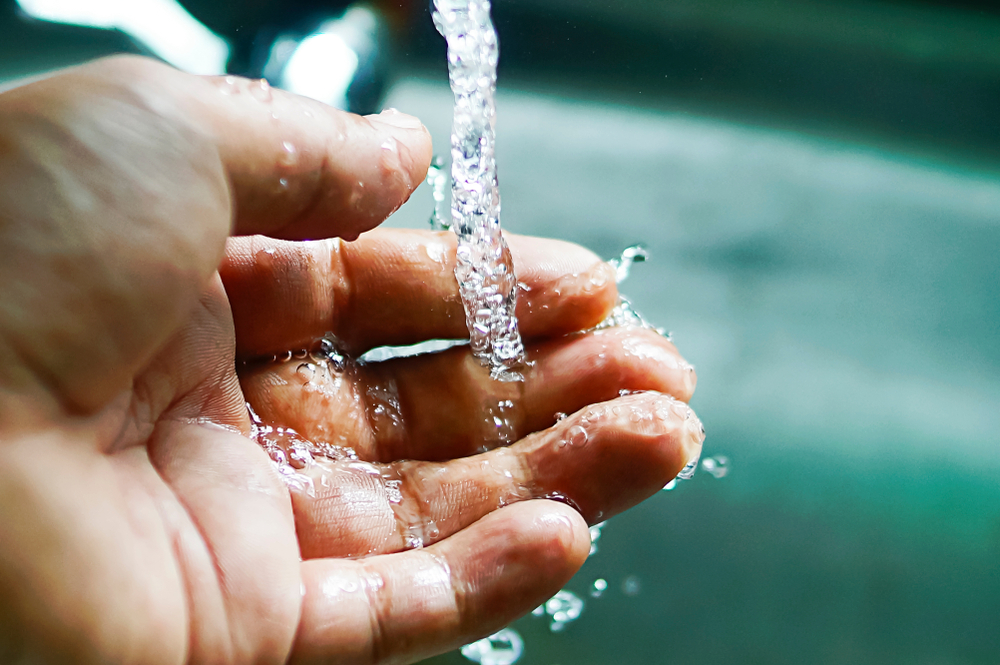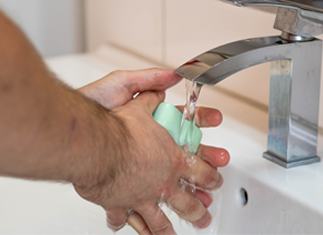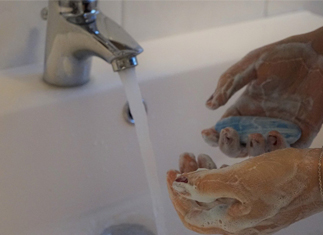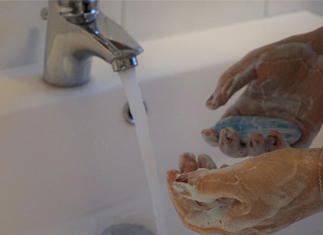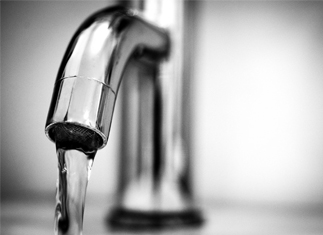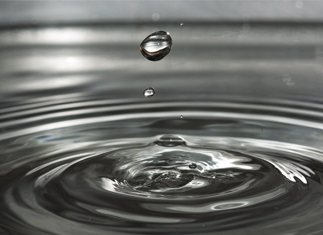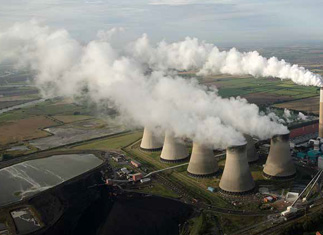COVID water use and the impact on poverty in the UK
Date: 11th Nov 2020

It has been almost eight months since lockdown was announced in the UK due to the Covid-19 pandemic. Offices and schools were closed and, wherever possible, employees were asked to work from home; over 9.6 million people were furloughed via the Government’s Coronavirus Job Retention Scheme; and in the early days of lockdown, people were limited to just one form of outdoor exercise a day, for a maximum of an hour.
In just a matter of days, ‘normal’ life changed, and people were spending more time at home than ever before. And, as we move closer to winter, the ‘second wave’ of the crisis is now upon us, the gradual easing of restrictions we saw over the summer period has now stopped and instead restrictions are tightening across the UK in the areas most affected by the rising number of cases.
With increased time at home comes changes in everyday behaviour. Consumption of every-day household utilities, such as water and energy, changed overnight in the early days of lockdown as they moved from consumption in offices or schools, to in-home consumption instead. This paper explores the changes in household water consumption and the subsequent impact on water companies, low-income households and the environment. It will discuss the need for resilience of our water supply in the future and will conclude with recommendations to safeguard against bill-shocks for the most vulnerable householders whilst reinforcing that ‘water’s worth saving’.
© 2025 NEA all rights reserved.



